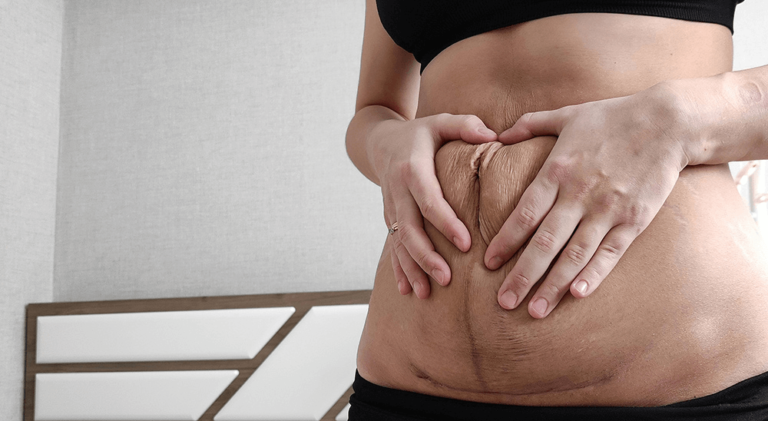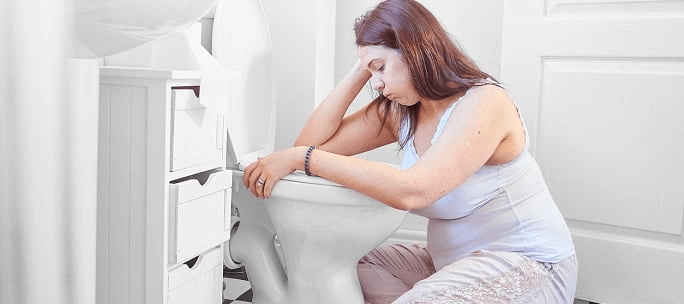Hemorrhoids and Pregnancy: Causes, Prevention, and Treatment

Hemorrhoids are swollen blood vessels (varicose veins) in the rectal area, often causing discomfort, pain, itchiness, and rectal bleeding. They can vary in size from as small as a raisin to as large as a grape. During pregnancy, several factors contribute to the development of hemorrhoids, particularly in the third trimester.
Causes of Hemorrhoids During Pregnancy
- Increased Pressure: The growing uterus exerts pressure on the veins in the pelvic area, slowing blood return from the lower body and causing the veins to swell.
- Hormonal Changes: Elevated progesterone levels during pregnancy relax the walls of veins, making them more prone to swelling.
- Constipation: Pregnant women often experience constipation, which can exacerbate hemorrhoids.
- Weight Gain: The additional weight during pregnancy increases pressure on the pelvic veins, contributing to hemorrhoids.
Also read: The Importance Of Calcium During Pregnancy
Relief and Treatment for Hemorrhoids
- Topical Treatments: Apply witch hazel or lemon juice using medicated pads to reduce swelling and discomfort.
- Warm Baths: Take sitz baths or soak in a bath with baking soda to soothe the affected area.
- Hygiene: Keep the anal area clean to prevent irritation and infection.
- Gentle Repositioning: If a hemorrhoid protrudes, gently push it back into the rectal area.
- Medical Consultation: Consult your physician about safe topical anesthetics or suppositories.
- Cold Compress: Apply an ice pack or cold compress to the rectal area to reduce swelling and numb pain.
- Soft Toilet Tissue: Use soft, unscented white toilet tissue to minimize irritation.
Preventing Hemorrhoids During Pregnancy
- Avoid Constipation: Prevent constipation by eating a high-fiber diet and staying hydrated.
- Hydration: Drink plenty of fluids, including 1-2 glasses of juice daily.
- Timely Bowel Movements: Don’t delay when you feel the urge for a bowel movement.
- Kegel Exercises: Perform Kegel exercises to increase circulation in the rectal area.
- Avoid Prolonged Sitting/Standing: Change positions frequently to reduce pressure on the pelvic veins.
- Regular Exercise: Engage in regular physical activity to improve overall circulation and prevent constipation.
If you experience significant bleeding or if your prevention and relief efforts are ineffective, consult your physician for further evaluation and treatment.
Also read: Is It Safe To Run While Pregnant?





